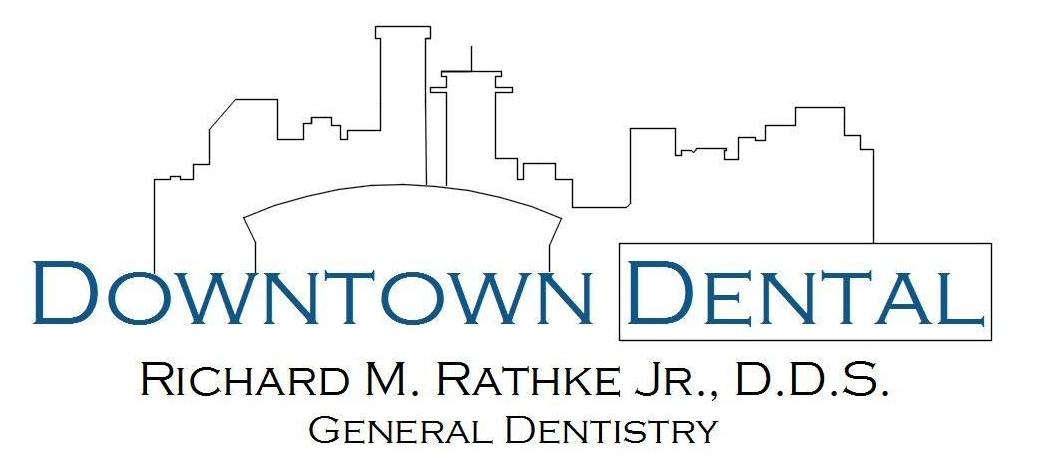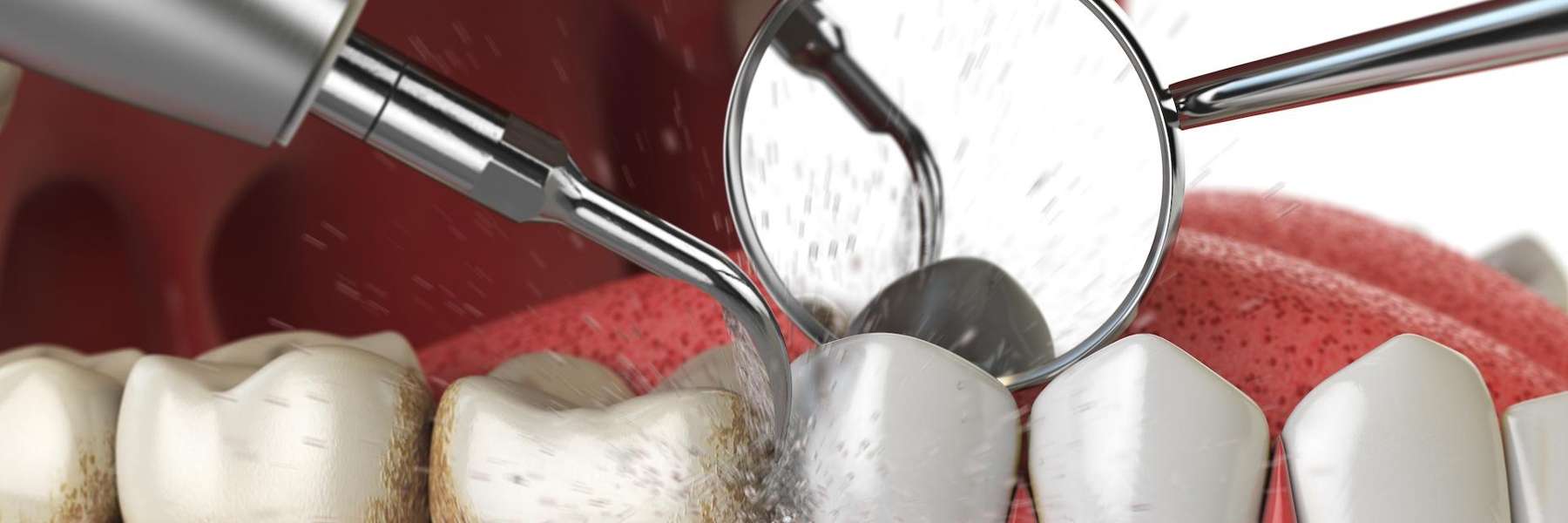
Gum disease is the result of an untreated buildup on the gums and surfaces of the teeth of bacteria, which causes plaque and, ultimately, tartar. Left untreated, gum disease can lead to, severe discomfort in the gums, tooth loss, or even infection that can spread to other parts of the body.
Whether you’re interested in treatment options because you or someone you love is suffering from gum disease or the steps that you can take to prevent it in the first place, there’s really no bad time to learn more about gum disease.
As you may have guessed, today we’re discussing gum disease – what it is, what causes it, how it can be prevented, and, should it arise, treatment options for patients in New Orleans for combatting it.
What Exactly Is Gum Disease and What Are Its Most Common Causes?
Gum disease, which is also referred to as periodontal disease, is a common oral health condition that affects the gums and the surrounding tissues. Its primary cause is the accumulation of plaque, a sticky bacterial film that forms on the gums and surfaces of the teeth. When plaque is not adequately removed through proper at-home oral hygiene practices and regular dental cleanings, it hardens and turns into tartar.
Tartar, which is resistant to all over-the-counter treatments and must be treated professionally, can then lead to inflammation and infection of the gums. This initial stage of gum disease, which is characterized by red, swollen gums that may bleed during brushing or flossing, is known as gingivitis. If left untreated, gingivitis can develop into periodontitis, during which infection spreads deeper into the gums and can damage the jawbone that supports the teeth and even spread elsewhere in the body.
The most common causes of gum disease include:
- Poor oral hygiene
- Genetic predisposition
- Smoking
- Certain medications
- Certain medical conditions such as diabetes
The Risks of Neglecting Gum Disease
Neglecting gum disease can have severe consequences on not only a person’s oral health but their overall well-being as well. This is because gum disease that’s left untreated and allowed to progress can initially result in chronic bad breath and then cause irreversible damage to the gums and the underlying jawbone, which can result in tooth loss.
Beyond oral health, advanced gum disease has been linked to various other health issues including heart disease, stroke, diabetes, and respiratory infections. If all that wasn’t enough, severe cases of gum disease have also been known to cause complications during pregnancy.
Furthermore, untreated gum disease can have a profoundly negative impact on a person’s quality of life, appearance, and self-esteem through persistent pain and discomfort, difficulty eating, gum recession, or tooth loss.
It’s thus crucial to address gum disease promptly to mitigate its detrimental consequences.
Treating Gum Disease
The most crucial factor in effectively treating gum disease and eliminating its risks to long-term oral health is timely and decisive intervention.
Treatment for gum disease typically involves multiple steps. The primary step in the process is controlling infection in the interest of reducing inflammation in the gums and preventing serious damage to the gums, teeth, and their supporting structures.
In its milder forms, gum disease is treated non-surgically, with deep cleaning procedures like root planing and scaling, in which:
- Plaque and tartar are removed from the surfaces of the teeth above and below the gumline
- Any infection in the tooth structure is treated
- Root surfaces are smoothed to promote gum reattachment.
More severe cases of gum disease can call for surgical intervention. Among the most common surgical procedures for treating advanced gum disease are flap surgery, in which the gums are lifted for deep cleaning and repositioned, and grafts to regenerate lost gum and bone tissue.
It’s vital to remember that, following any of these treatments, to prevent a recurrence a patient must commit to good oral hygiene practices (twice-daily brushing, daily flossing, regular rinses with antibacterial mouthwash) and regular visits to a dentist or periodontist.
Tips for Preventing Gum Disease
To reduce your risk of developing gum disease, there are a number of straightforward preventative steps that you can take, including:
- Strong Oral Hygiene Practice – Before there’s ever a problem, brushing your teeth twice a day, flossing daily, and rinsing regularly with an antiseptic mouthwash can help to prevent the bacteria that cause plaque and gum disease.
- Avoid Tobacco Products – Smoking and smokeless tobacco use increase the risk of gum disease.
- Eat a Healthy Diet – Sugary foods and beverages, especially those high in processed sugars, create a friendly environment for the bacteria that lead to gum disease. A diet rich in lean proteins, vegetables, and whole grains reduces the risk of plaque buildup.
- Visit the Dentist Regularly – Routine checkups and cleanings allow your dentist to preemptively identify and treat any issues before they become serious problems.
Gum Disease Prevention in New Orleans, LA
If you need preventative or corrective care for gum disease in New Orleans, contact Dr. Richard Rathke and the team at Downtown Dental to schedule a consultation. For comprehensive dental cleaning New Orleans, we are here to help.

